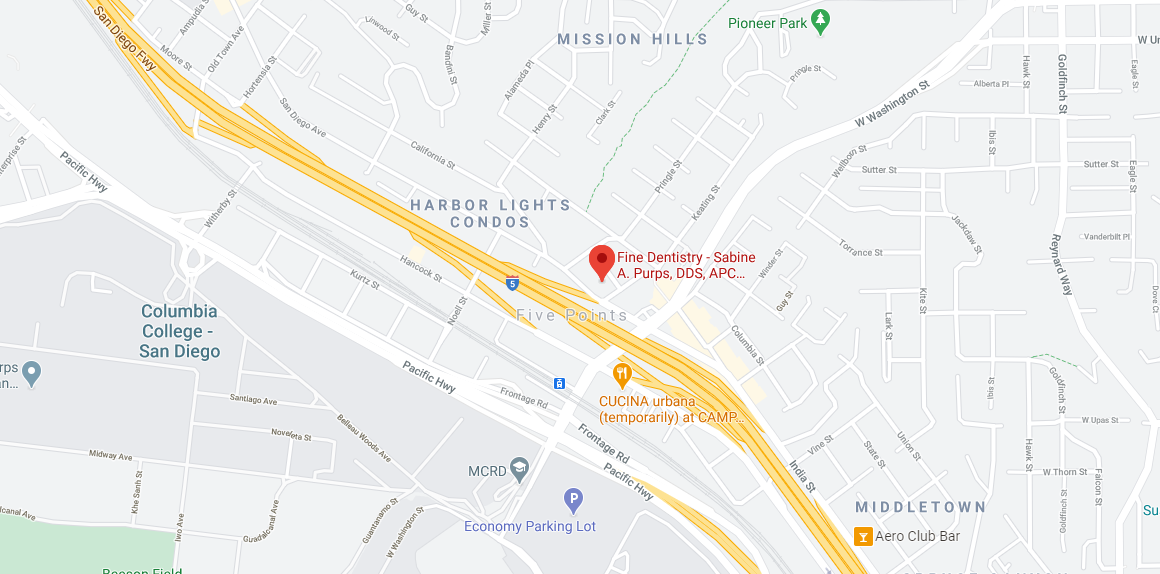The temporomandibular joint or TMJ is a hinge that establishes a connection between your skull and jawbone. These joints are present on each side of the jaw and are responsible for controlling the movement of the jaw. A TMJ disorder can cause extreme pain in the jaw joint and the muscles that are responsible for jaw movement.
Diagnosis of a TMJ Disorder
If you are exhibiting the symptoms of a TMJ disorder, your doctor will discuss these symptoms with you and he will also examine your jaw. If there is a problem detected, your doctor will perform procedures to confirm the diagnosis. They may include;
- Dental X-rays to examine your jaw and teeth.
- CT scan to examine the joint bones.
- MRI to reveal the problems in the tissue surrounding the jaw.
If a diagnosis is confirmed, your dentist or doctor will recommend treatments that will help you in managing or eliminating this problem.
Treatment for TMJ Disorders
In some cases, the TMJ disorders might go away without any treatment. However, if your pain persists after a certain period of monitoring time then your doctor may recommend a variety of treatments. These treatments have varying levels of success and include;
Medications:
These medications may help you in relieving the pain that is typically associated with a TMJ disorder.
Pain Relievers and Anti-inflammatories:
If traditional medicines aren’t enough to relieve your pain, your doctor might prescribe you strong pain relievers or anti-inflammatories like ibuprofen for a short period of time.
Muscle Relaxants:
These drugs are prescribed by doctors as a way to relieve the pain that is caused by TMJ disorders which are created by muscle spasms.
Therapies:
If the pain that you are experiencing is mild, your doctors might recommend different therapies instead of drugs or surgeries as they have proven to be a more definitive way of dealing with the early stages of TMJ disorders. These therapies include;
Oral Splints:
Often people with jaw pain are given mouth guards or oral splints as they are an effective way of providing comfort to your jaw muscles.
Physical Therapy:
Along with different exercises that help in strengthening your jaw muscles, treatments like moist heat and ice have also proven to be effective in dealing with these disorders.
Surgical Procedures:
If the pain still persists after implementing the first two treatment methods, your doctor might suggest surgical procedures which will help in dealing with these problems for good. These procedures commonly include;
- Arthrocentesis
- Open-Joint Surgery
- A modified condylotomy
- TMJ arthroscopy
These are some of the effective surgical treatments that help you deal with these disorders.
Alternative Medicine:
If you feel that a surgical procedure is too extreme of a step to take, you can always turn to alternative and complementary medicine as it has also been proven to be effective in managing the pain from TMJ disorders.
These alternative methods include;
- Biofeedback
- Acupuncture
- Relaxation Techniques like deep breaths and slowing your breathing to relax your tensed-up muscles.
These are some of the most common treatments available for TMJ disorders in San Diego. It is necessary for you to treat your TMJ disorder as soon as possible to avoid occurring diseases.
Call your dentist in San Diego now!

